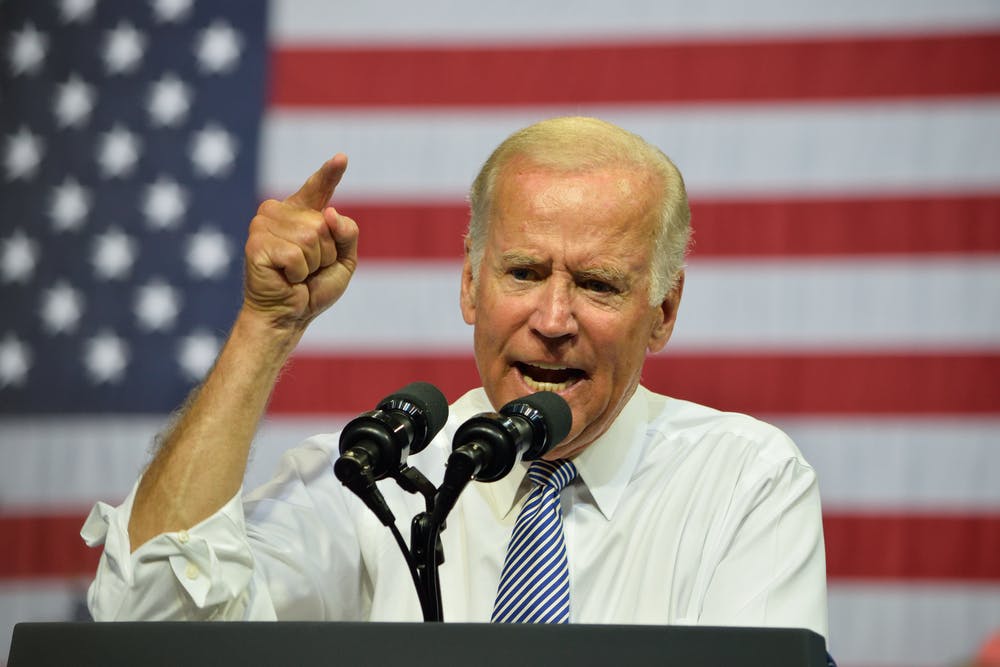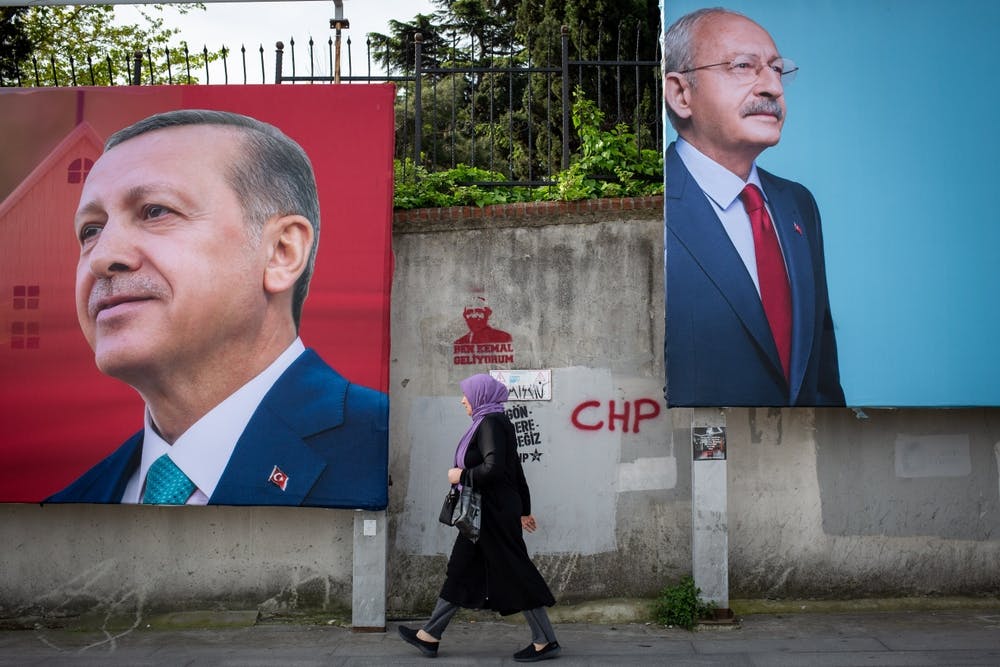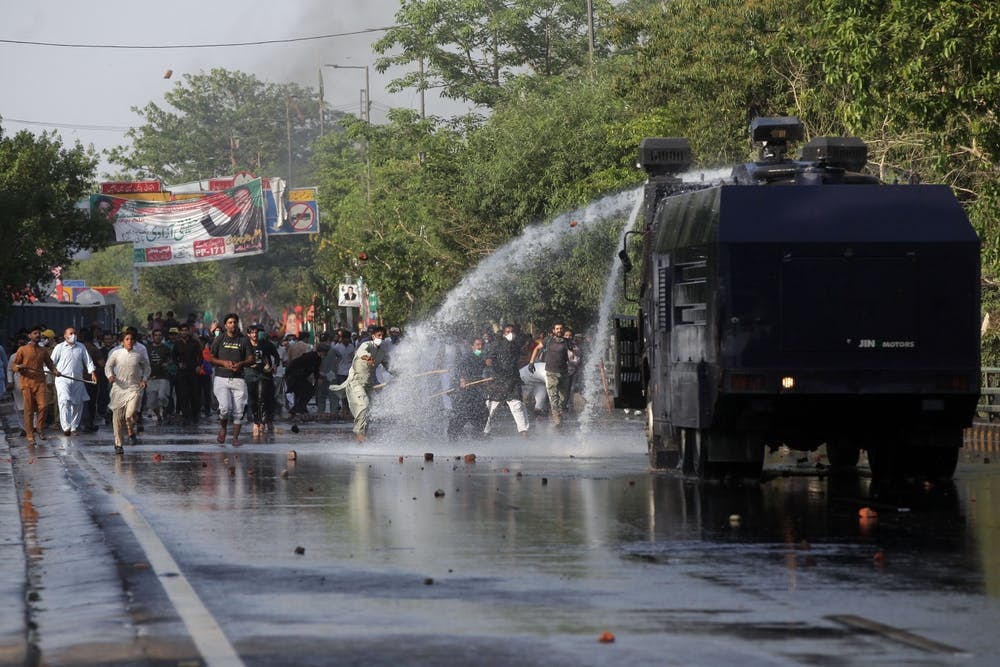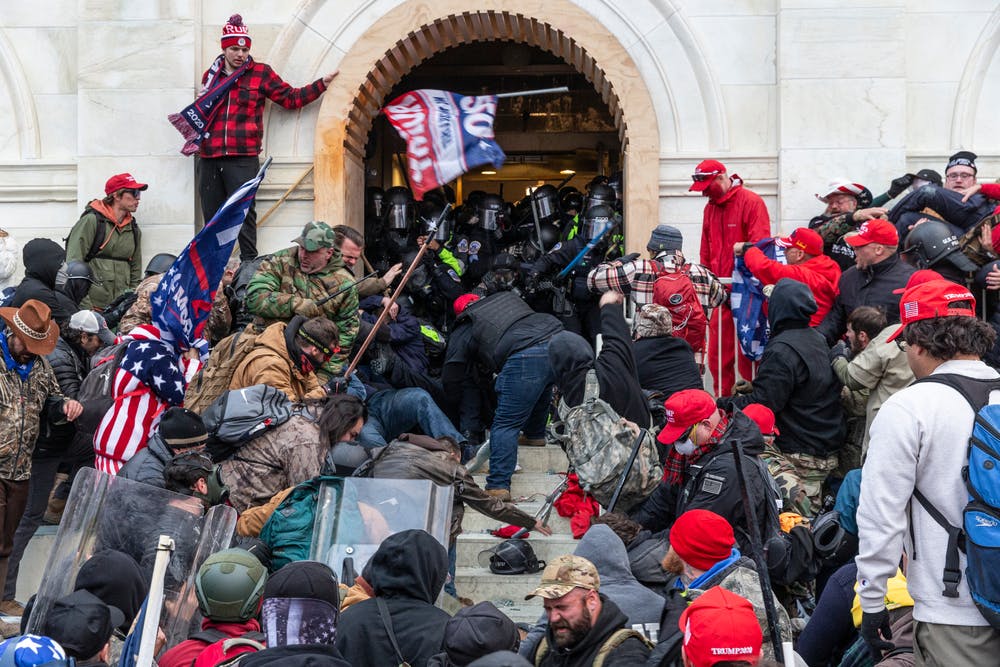A look ahead at the key events leading the news agenda next week, from the team at Foresight News. Delivered to your inbox on Fridays.
Leading the week
President Joe Biden returns to Washington amid positive signals from the House leadership that a deal on the debt ceiling is within reach. Biden scrapped a long-planned Quad meeting in Australia and a historic defense summit with Pacific Island leaders to rush home from the G7 for negotiations as the June 1 default looms. House Speaker Kevin McCarthy told reporters yesterday that talks were ‘in a much better place’, and a vote on any deal could come as soon as next week in the House, with the Senate on standby to return from recess with 24 hours’ notice.
Both sides will have to climb down from some of the heated rhetoric from recent weeks to get an agreement over the line: McCarthy said earlier this week that GOP plans for tougher work requirements for welfare recipients would be a ‘red line’ in negotiations, while House Minority Leader Hakeem Jeffries called the proposals a ‘nonstarter’. If a vote is to be held next week, the contours of the deal – and who will need to compromise the most to pass it – should start to become clear this weekend.
Five members of the Oath Keepers militia are sentenced in DC this week for their roles in the January 6, 2021, attack on the US Capitol. Navy veteran and self-described ‘goof’ Thomas Caldwell is up on Wednesday (May 24) after being found guilty of obstruction of an official proceeding, but the bigger story is Thursday’s (May 25) sentencing for Oath Keepers founder Elmer Stewart Rhodes and leader Kelly Meggs, who were both found guilty of seditious conspiracy. Prosecutors have asked the court to sentence Rhodes to 25 years in prison for his role in the attack, which the jury heard included messages inciting violence and promising a civil war in the wake of the 2020 election. Two more members, Jessica Watkins and Kenneth Harrelson, are sentenced on Friday (May 26).
Looking abroad
Turkey’s presidential election goes to a runoff on Sunday (May 28) after Recep Tayyip Erdogan fell just short of a majority last week with 49.5% of the first-round vote. Despite a fall in popularity over the government’s handling of the economy and the response to February’s devastating earthquakes, Erdogan defied the polls to come out ahead of opposition candidate Kemal Kilicdaroglu, who represents a six-party alliance looking to end Erdogan’s rule after over two decades in power. Kilicdaroglu has spent this week courting the 5.2% of votes won by nationalist candidate and kingmaker Sinan Ogan, swapping his reformist campaign promises of ‘peace and joy’ for a pledge to ‘send all refugees home’ in an effort to appeal to conservative voters. This strategy may cost him votes on the left, particularly with the country’s Kurdish minority, meaning he still faces an uphill battle to topple Erdogan and prevent him from further consolidating power.

The political crisis in Pakistan will remain in the headlines next week as supporters of former Prime Minister Imran Khan continue to clash with security forces and Khan’s convoluted legal troubles drag on. Khan was released from custody last week after the Supreme Court ruled his May 9 arrest was illegal and remains at his home in Lahore, which is currently being searched by police for dozens of ‘terrorists’ the government claim Khan is harboring following attacks on military compounds in the wake of his arrest. The Lahore High Court is due to hear a petition on Friday (May 26) to dismiss some 121 cases that have been filed against Khan, including charges of corruption, inciting violence and sedition, while the Islamabad High Court is scheduled to reconsider his bail arrangements the following week.

Meanwhile, Pakistan’s Supreme Court holds a hearing on Tuesday (May 23) to consider an ongoing dispute over the date for provincial elections in Khan’s home state of Punjab, where the PTI dissolved the assembly in January in an attempt to force early national polls. In a ruling last month, the Supreme Court agreed with the PTI that the vote should take place within 90 days of dissolution and ordered them for May 14, but the Electoral Commission claimed holding elections would be impossible and pushed for the provincial vote to be held alongside the general election in October. The PTI has continued to call for protests in support of fresh elections.
